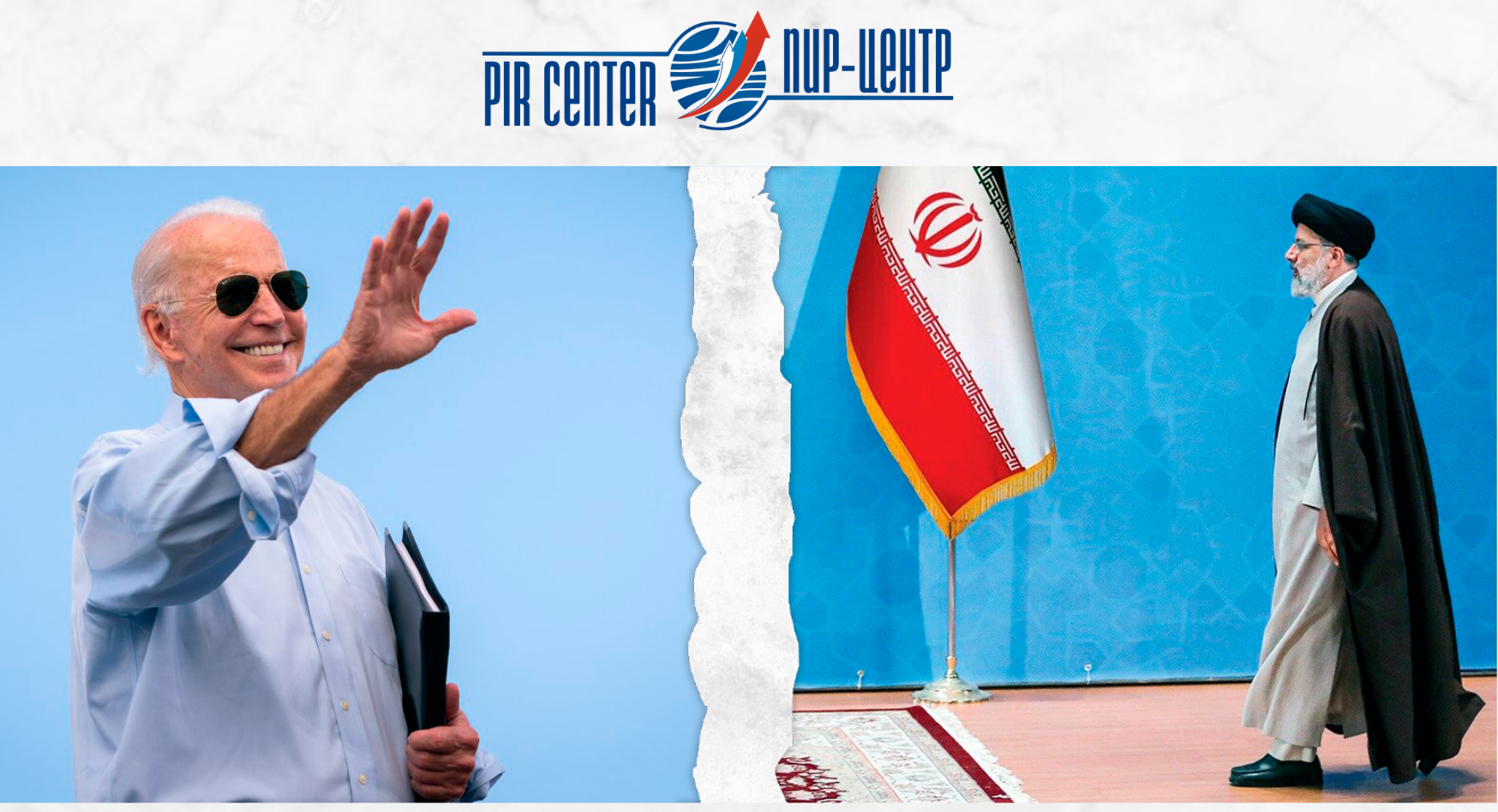In Vienna, delegations continue to negotiate Iran’s return to compliance with the JCPOA. On Monday, January 24, the issue of releasing U.S. citizens came up on the agenda as a precondition for continuing negotiations. Earlier, the American delegation insisted the negotiations on prisoners release were not tied to those in Vienna and were conducted separately. Apparently, this connection is now urgent to advance the problem with imprisoned U.S. citizens; unless the issues are linked now, the U.S. might miss the opportunity to exert pressure on Tehran’s stance.
On Friday, January 21, U.S. Secretary of State Anthony Blinken called on the Russian Federation to influence Tehran, stating that “Russia shares our sense of urgency, the need to see if we can come back into mutual compliance in the weeks ahead”. At the same time, in response to reports of Russia’s having proposed an “interim deal”, Iran has bluntly rejected any agreement but the JCPOA provided that the United States does not withdraw this time. In its turn, Washington was skeptical of a new (albeit intermediate) deal, since a new vote in Congress is required to approve one.
Since the beginning of the week, not only has the position of the American delegation on the above issue changed, but also the composition of the delegation itself. Robert Malley’s deputy, Richard Nephew, has reportedly left his post, allegedly on the grounds of disagreements over the approach to negotiations with Tehran. An official source noted that this is “very common after a year in the administration”.
The British delegation is voicing concerns as to the lack of progress in the talks. As British Foreign Secretary Elizabeth Truss noted, “Tehran must choose whether they will make a deal or take responsibility for the collapse of the JCPOA (nuclear deal). And if it falls apart, then all options will be on the table“.
For their part, Iranian participants continue to refrain from direct negotiations with Washington. “However, if at some stage in the negotiation process we get to a point that reaching a good agreement with solid guarantees requires a level of talks with the US, we will not ignore that in our work schedule,” Iranian Foreign Minister Hossein Amir-Abdollahian said.
Commenting on whether the US delegation has any deadline with regards to the talks, Robert Malley stressed that the U.S. “timetable is based on the technical progress of Iran’s nuclear program, rather than a temporal clock.” In February of this year, the IAEA is expected to publish a new report on Iran’s nuclear activities, which, as feared by some Western partners, will reveal Tehran’s further advancements of its nuclear program.

